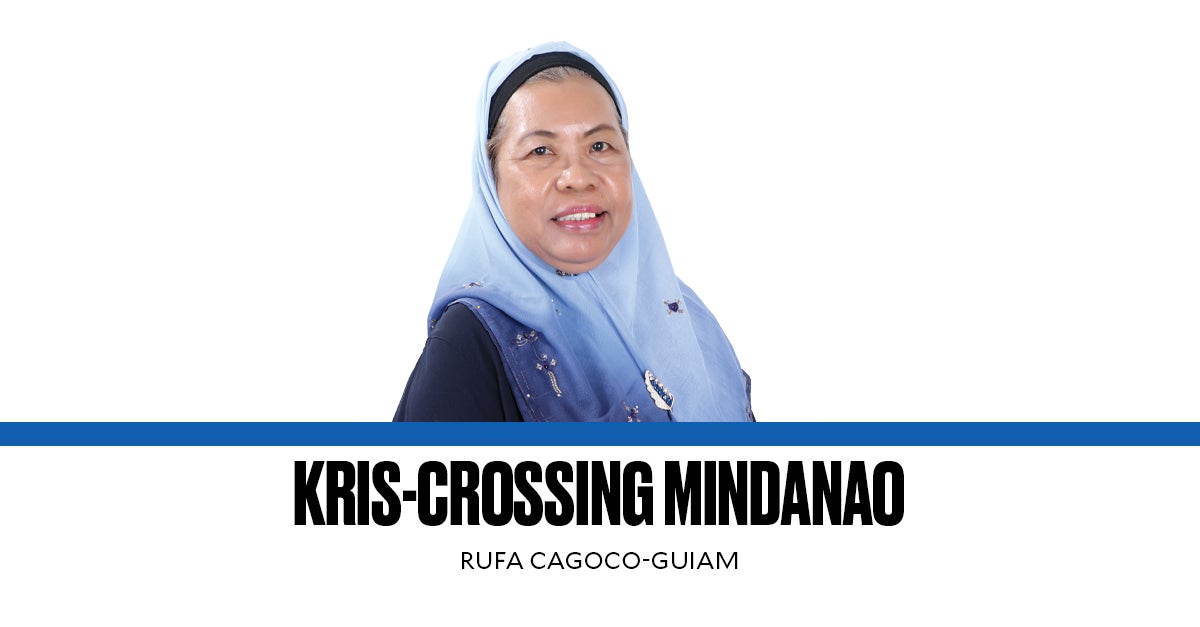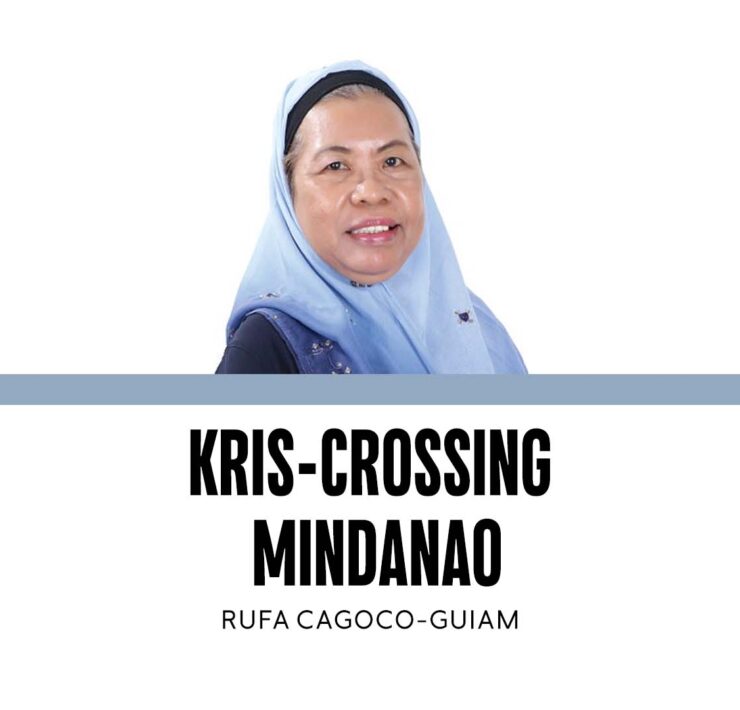Unending transitions? (1)

Cotabato City–Here in the heart of the Bangsamoro Autonomous Region in Muslim Mindanao (BARMM), we are confronted with a new round of transitions. This came after the region’s Interim Chief Minister, Hon. Abdulraof Macacua, issued a memorandum to all ministers, deputy ministers, directors general, and other appointive officials to tender their courtesy resignations from their respective positions. The memo was issued on June 23, 2025, to everyone’s surprise and consternation.
The deadline for submitting the courtesy resignations was yesterday, June 30, 2025.
The provision for the continuity of services was indicated in the number 2 item in the memo. It required that all executives should continue to report to their respective offices and do “routinary functions, not involving discretion until any action on their courtesy resignations are taken.”
However, the last statement (number 3) in the memo was the source of consternation for many of the regional government’s functionaries. It said, “In case a minister, deputy minister, head of office, or agency fails or refuses for any reason to tender his or her unqualified courtesy resignation on or before the deadline, the refusing or failing official shall be deemed resigned.”
To recall, Interim Chief Minister Macacua took over the position vacated by then Interim Chief Minister Ahod Balawag Ebrahim, aka Al Haj Murad (his nom de guerre as head of the Moro Islamic Liberation Front (MILF)). This happened just five months before the date for the first parliamentary elections in the region—this coming Oct. 13, 2025. This first transition was signed into law by former president Rodrigo Duterte as he was about to step down from his post after the May 2022 elections.
In 2019, Ebrahim was chosen to lead the interim regional government as provided for in the Comprehensive Agreement on the Bangsamoro (CAB) and in the Bangsamoro Organic Law (BOL), which consider the MILF as the key officeholders of the interim government starting from the BARMM’s establishment in 2019.
Under both the CAB and the BOL, the BARMM is structured asymmetrically vis-à-vis the national government. This means that the BARMM will function using a parliamentary form of government, where both legislative and executive functions are merged into one. It is not symmetrical to the national government, whose structure is unitary and presidential in form.
Since 2022, the year of the expected end of the first transition, the regional government has braced for a permanent set of government officials. Under the BOL and in the terms of the CAB, the first parliamentary elections will take place in tandem with the presidential election in May 2022. But there was a strong clamor to extend the regional government’s transition period for another three years—in 2025, as mentioned earlier.
I remember several debates on this issue in 2022. Among these were arguments that the fledgling region’s interim officials, at both the executive and legislative branches, were not capable of running a huge and complicated bureaucracy like the BARMM. According to the regional officials’ naysayers, the MILF had been given a chance to lead in the three-year transition but failed. But for those among us who thought that a three-year transition was not enough to lay down the foundations of governance built on strong adherence to the rule of law via what the MILF calls “moral governance,” we thought that extending the transition for another three years would be rational.
In many parts of the world that have recovered from a long, violent history of armed conflicts, three-year transition periods are insufficient. Several basic issues that have been the main triggers of the conflicts between national government military forces and rebel forces cannot be erased within a short period of three years.
Legitimate grievances, historical injustices, marginalization through land dispossession, and grave atrocities that led to massive human rights violations are among the intractable causes of the violent armed encounters between Philippine military forces and Moro revolutionary forces.
Addressing these through a well-crafted transitional justice program needs substantial time and resources—both human and financial—that are needed to establish a government that guarantees that past atrocities will not happen again.
It was only on the first week of May that Bill No. 353, or the proposed act to establish a transitional justice and reconciliation program for the region was submitted and read during a plenary session of the Bangsamoro Transition Authority, the interim parliament in the BARMM.
In a region considered the “epicenter” of violent conflicts, putting up the structures that pave the way toward lasting, workable peace can indeed be a huge hurdle.
(More next week.)


















